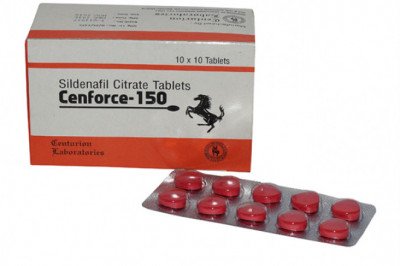views
The most common adverse effects of Orlistat are gastrointestinal in nature and include oily spotting, flatulence with discharge, fecal urgency, fatty/oily stool, oily evacuation, and increased defecation. These effects are usually mild to moderate and occur early in treatment. They can be reduced by following a low-fat diet and by taking orlistat with a meal containing fat.
Less common adverse effects include headache, abdominal pain/discomfort, upper respiratory tract infection, and urinary tract infection. Rare but serious adverse effects include liver injury, pancreatitis, and kidney injury.
Orlistat is contraindicated in patients with chronic malabsorption syndrome, cholestasis, or hypersensitivity to orlistat or any component of the product. Orlistat should not be used during pregnancy or while breastfeeding.
Orlistat may also interact with certain medications, including cyclosporine, levothyroxine, warfarin, and antiepileptic drugs. Patients taking these medications should consult with their healthcare provider before taking orlistat.












Comments
0 comment